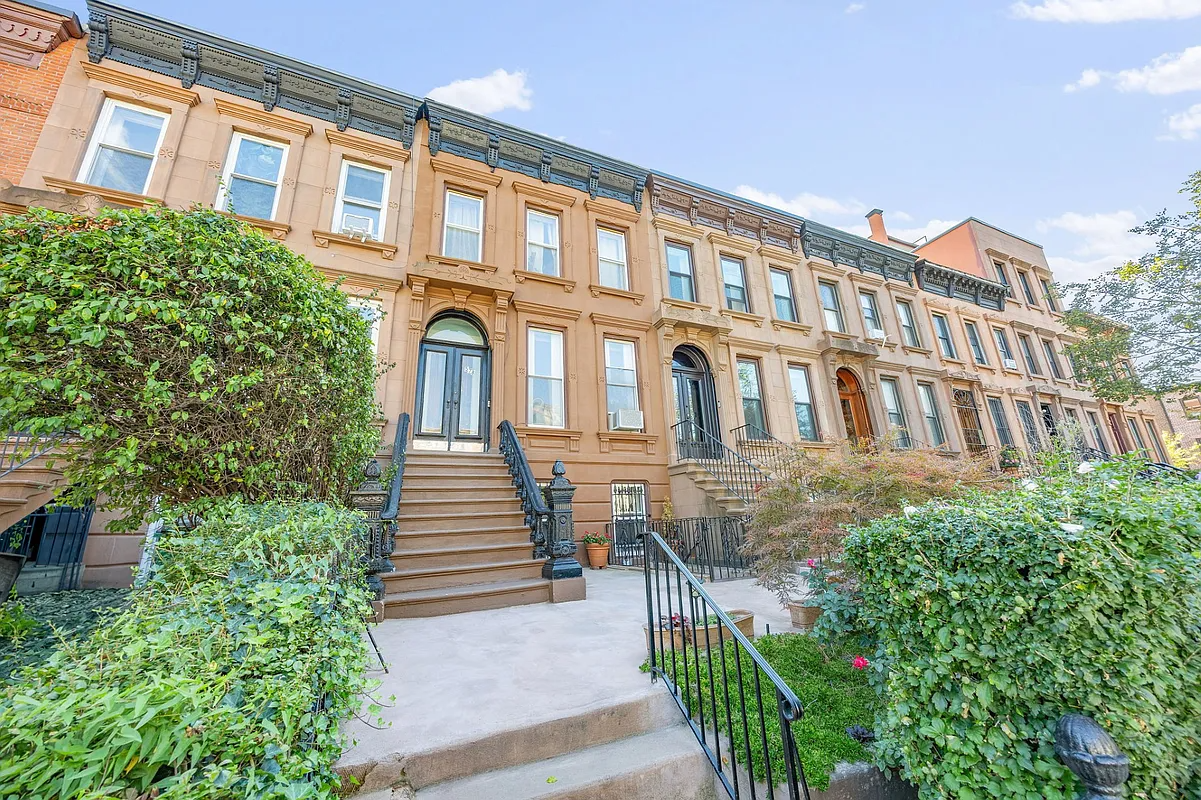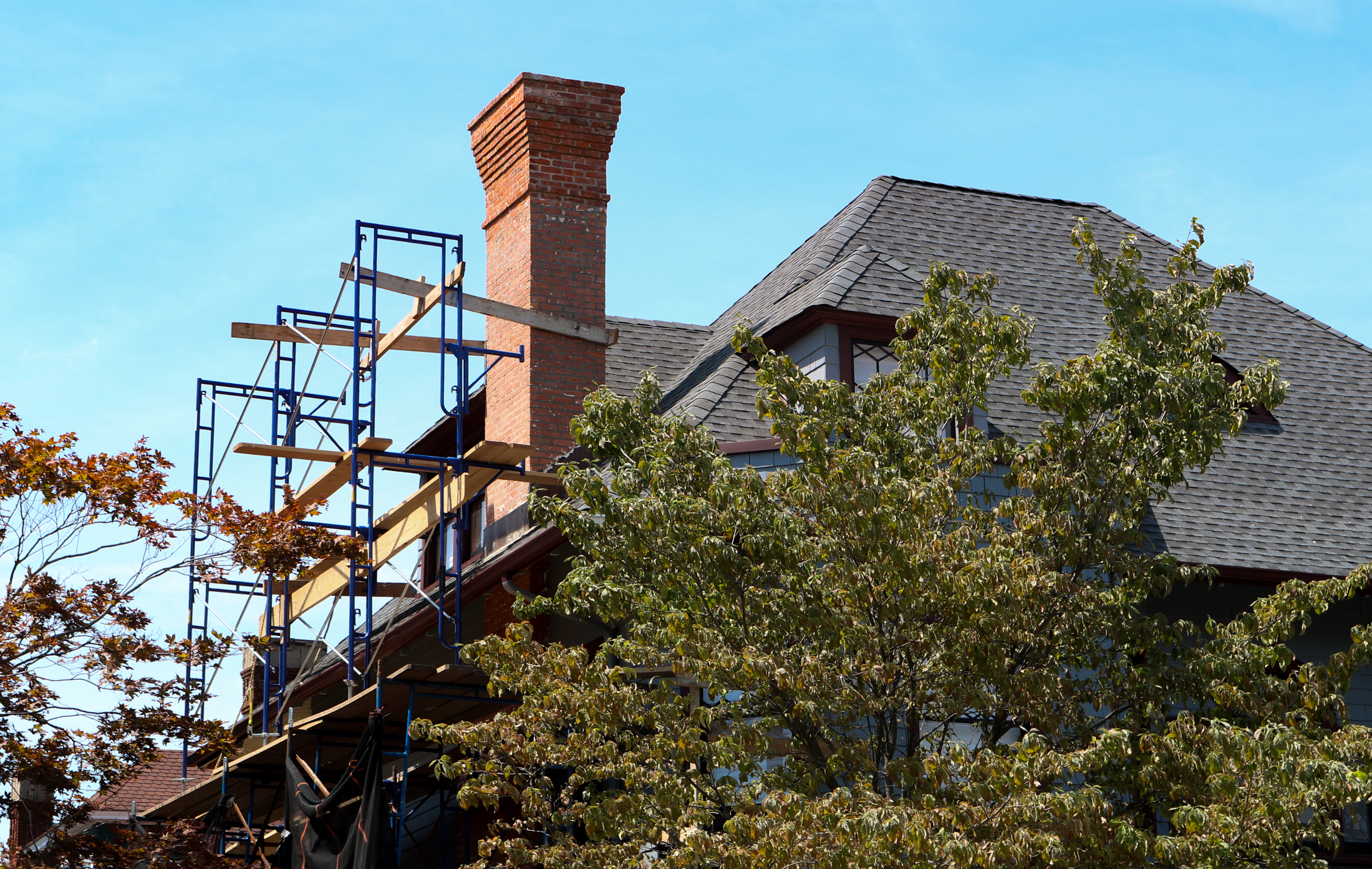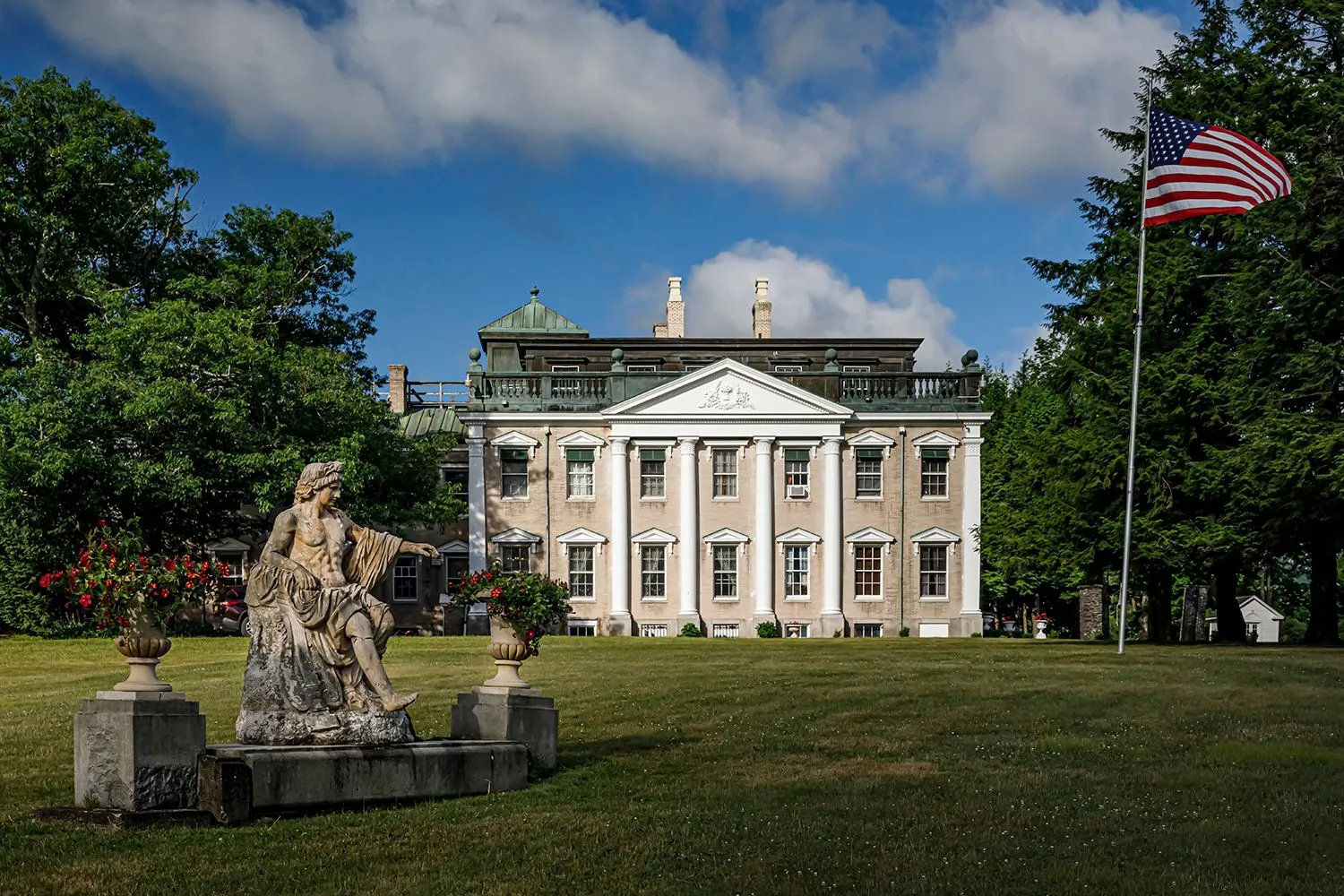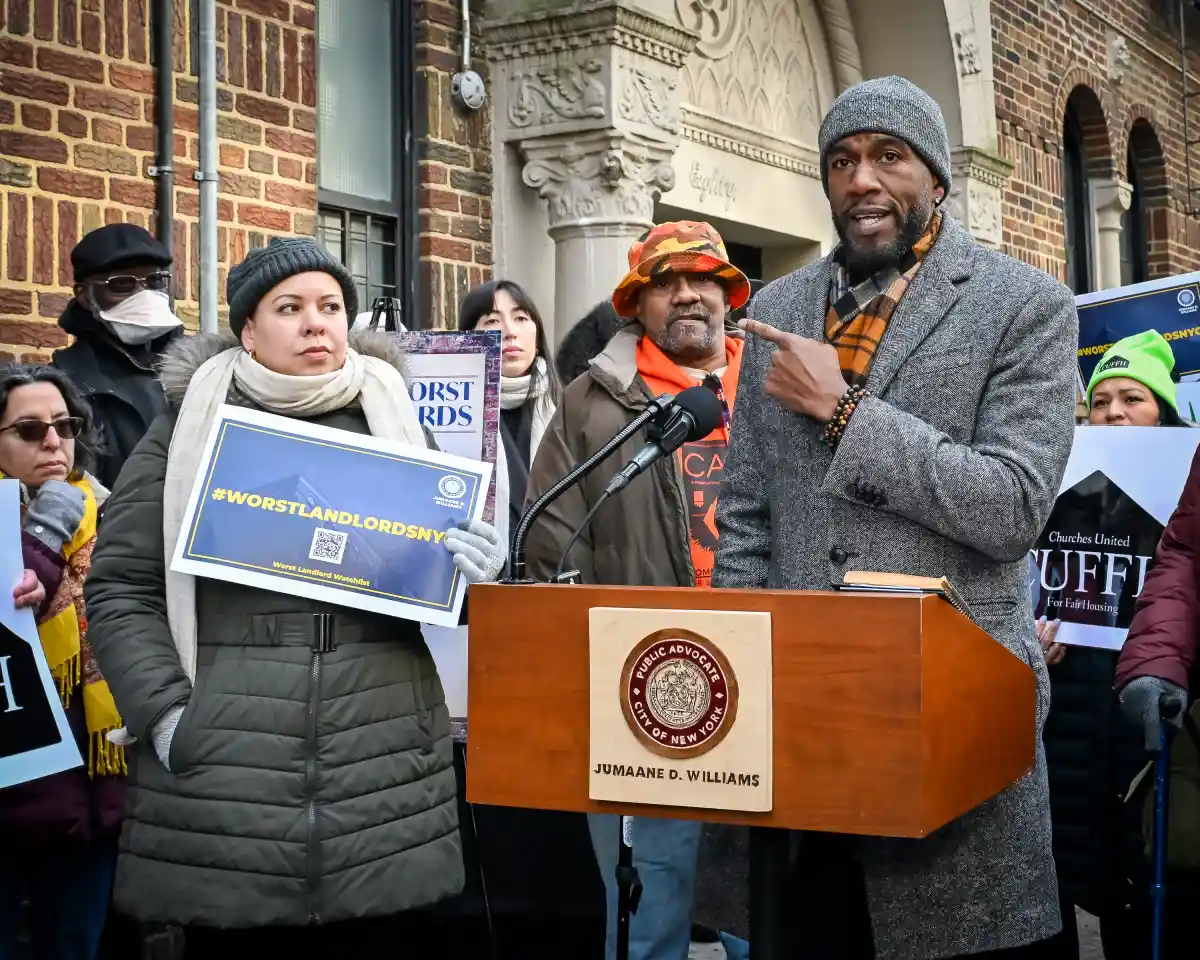Nest Egg or One-Armed Bandit?
An article today’s Home & Garden section of the NY Times asks why so many people remain convinced that real estate is a no-lose proposition. Recent history certainly contradicts this notion: According to Jonathan Miller, more than half of the people who bought co-ops and condos in Manhattan in 1986 or later and sold between…
An article today’s Home & Garden section of the NY Times asks why so many people remain convinced that real estate is a no-lose proposition. Recent history certainly contradicts this notion: According to Jonathan Miller, more than half of the people who bought co-ops and condos in Manhattan in 1986 or later and sold between 1990 and 1995 received less than what they paid for them. One broker thinks she has it figured out:
“Why do people go back to Vegas?” asked Donna Olshan, a broker in Manhattan. “They love to gamble. And people love real estate. They think that it isn’t going to happen again and they go back in it.”
Nest Egg or One-Armed Bandit? [NY Times]





Two items of note: 1. You are NOT a “home owner” until your mortgage is paid off. Until then, you are a “HomeOwer” or “home-debtor”. 2. Don’t forget to factor in inflation and how that chips away at all of those great gains over the past decade? Like it or not NYC & the Metro area is vunerable to price reductions (what goes up fast can come down just as quickly) and changing herd menatality (sheeple doing their thing).
There is a big difference between people who buy single family homes because they need a roofs over their heads and people who buy multi-family homes because thats they only way they can afford the roofs over their head. When you purchase a multi-family home, that is an investment. An investment is supposed to result in monthly/quarterly/annual financial gains, not monthly/quarterly/annual financial drawdowns. You will lose money every month until you sell if you purchase a Multi-family home in todays RE enviroment because the cash return on RE right now is about 4-5% and borrowing cost are 5% and rising. For the life of me a cant understand why people willingly throw money out the window.
Suzy,
Most people I know (including myself) purchased their homes for the purpose of having a roof over their heads – albeit a very nice roof to call one’s own. When most folks use the term r.e. investment, it’s in a very loose fashion.
The media likes to play up the speculators, but I really think that is very much in the minority. I know a few r.e. brokers that are playing that game and yes there are some professionals in Bed-Stuy and such making those plays, but virtually no civilians. That some homeowners have actually made a lot of money on sequential buying & selling is really just icing on the cake.
I think the frenzy is that folks are just worried they will be priced out of the space and nabe they desire – they are not expecting to make a killing.
So, no, I really don’t see tulip bulbs in this market – not in NYC.
This is why I like buying in areas with very strict zoning and landmark regs, such as Park Slope, along the park. And certain kinds of antique housing stock can’t be replicated, at least not at any reasonable cost.
Like Scarsdale, certain nabes have a built-in limitation on development. With supply capped, that just leaves the demand side of the equation. Not exactly risk-free, but beats the alternatives.
Linguistics, anyone? Let’s think about the average joe and josephine and their aspirations in terms of home OWNERSHIP.
BUY a house to OWN a house. A “little ignorant” anon at 1:38 p.m. made the salient point:
“I plan to own some day for the freedom it will give to decorate, live without sharing a wall, have a backyard, etc.”
Don’t plan to lose your shirt, but house ownership, for the purpose of owning a HOME, is not an INVESTMENT, per se. Maybe a second piece of property (not including a second, or vacation home) is purchased as an INVESTMENT.
Geez louise, maybe it was just a kinder, gentler (snicker) time, but people once bought a house in which to live, figuring that by the time they were ready to retire they’d be able to sell and walk away with a few bucks.
Things haven’t changed all that much. Dutch tulips, anyone?
It’s supply & demand– and the economy and jobs and timing and luck.
My parents owned a 4 BR, 2 BA house in Scarsdale– an odd house, but a house nonetheless in one of the most desirable towns (or so I am always reminded, ugh– I never liked it there) in the country. They bought in 1975 for $51,000. They could have sold it in 1985 for $450,000. They *did* sell it in 1995– for $290,000 (29k lower than the asking price). They could probably have sold it this year for $900,000. Maybe even close to a mil.
Why? Ultimately, who the hell knows. Though at least you can be reasonably sure that in a small town with no land left to develop (though I’m sure some will turn up somewhere), there’s a finite amount of space, and that at least partially drives that market. There will never be that security in NYC as long as there is room to build vertically.
To: anon at September 15, 2005 12:11 PM
Bravo! Well put. ‘Nuff said. Let this thread die (not that I HAVE to read this, but I am simply compelled to much not to)…
Thanks Bubba. I’ve basically heard what you’re saying – it’s not a bad thing, but not the major reason to buy a home. I just didn’t know the real reasons behind it.
Re tax benefits of owning, yes and no
Some will argue the efficient markets theory, which would suggest that tax benefits are already somehat priced into the cost of r.e. In other words, if there were no tax benefits, the home would cost less – because affordability would be lower. So you are not really “saving” anything compared to a world in which there were no tax breaks.
Personally, I take a simplistic approach, which is that you should simply factor in the tax benefit into your estimation of affordability. While you shouldn’t ignore it, it also is not much of a reason to go out an buy a home.
Also, the tax benefits are more meaningful at upper income brackets – though the deductions start to phase out at really high income levels.